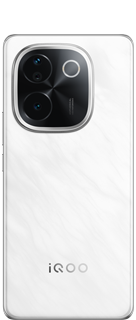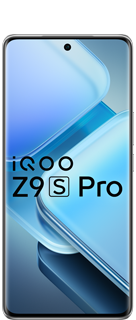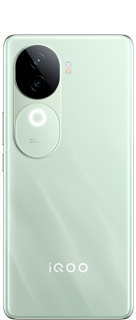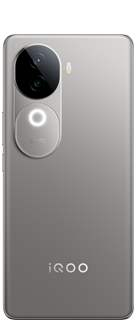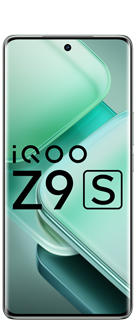What's the reason for fully charging a new mobile before using it initially? 🤔
When you get a new phone, the excitement of using it immediately is understandable. However, it's crucial to note that the battery may not arrive fully charged in the box.
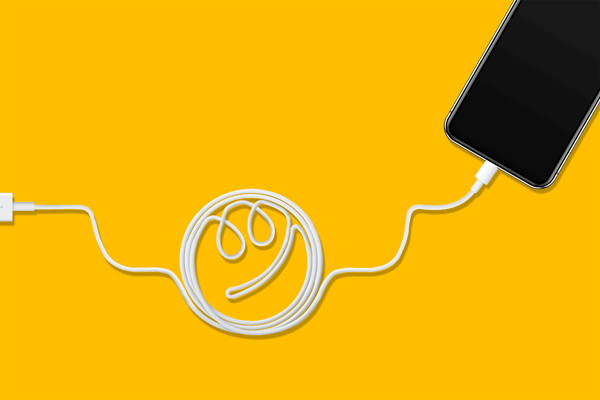
To ensure your new phone's battery performs optimally and lasts longer, it's advisable to charge it completely before the initial use.
Lets get some ideas to know about the battery type used in your new smartphone.
Majorly Lithium batteries can be categorized based on the type of electrolyte material they use. Lithium-ion batteries employ liquid lithium ions as their electrolyte, while lithium-polymer batteries utilize solid or gel-like polymers.
Lithium-ion batteries offer a combination of high energy density and affordability in comparison to lithium-polymer batteries. On the other hand, lithium-polymer batteries are favored for their lightweight nature and improved safety features. However, they come at a higher cost, averaging 30% more than lithium-ion batteries, and their energy density is notably lower. Notably, lithium-ion batteries tend to discharge gradually with age, even when not in use, whereas lithium-polymer batteries maintain their charge for a longer period as they age.
The time required to achieve a full charge for a new phone can vary depending on the device, typically ranging from 1 to 3 hours. While some may be tempted to start using the phone once it has some charge, it's recommended to wait until it reaches 100% before unplugging it.
Here are several reasons why fully charging a new phone before the first use is beneficial:
1. Battery Calibration:
When you first use your new phone, the battery gauge might not be perfectly calibrated. Fully charging the battery helps calibrate the gauge, ensuring it accurately reflects the remaining battery life.
2. Battery Lifespan:
Most smartphones use lithium-ion batteries, which have a limited lifespan. Fully charging the battery initially can maximize its longevity, ensuring it lasts as long as possible.
3. Performance:
A fully charged battery enhances your new phone's performance, providing the necessary power for smooth operation and preventing unexpected shutdowns.
4. Safety:
Fully charging a new phone before use reduces the risk of safety issues. An inadequately charged battery might overheat or even pose explosion risks during use.
Beyond the initial charge, there are other practices to prolong your battery's life. Avoid letting the battery drain completely before recharging, as this can strain the battery and reduce its lifespan. It's also advisable to recharge the battery before it drops below 20-40%, further extending its lifespan.
In conclusion,
fully charging your new phone before the first use is a wise practice. It helps calibrate the battery gauge, enhances performance, and extends the battery's lifespan,but the time depends upon the battery used in your new smartphone, however most of the smartphones comes with smart charging technologies which helps to slow down the charging speed if it's getting overcharged.
iQOO smartphones predominantly utilize lithium polymer (LiPo) batteries, known for their extended durability. It's advisable to charge your device up to a full 100% but avoid exceeding this level,when you unbox it for the first time.
Hope it will be a useful thread,Follow me @JStreetS for more informative threads and don't forget to show some ❤️
Untill then Siginig off
Your Qool Quester 💯
Please sign in
Login and share



















